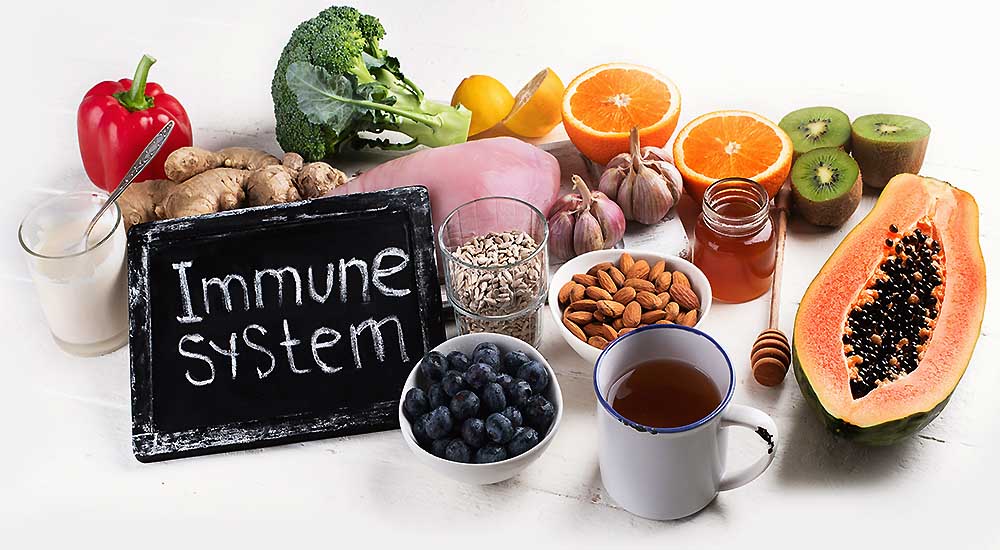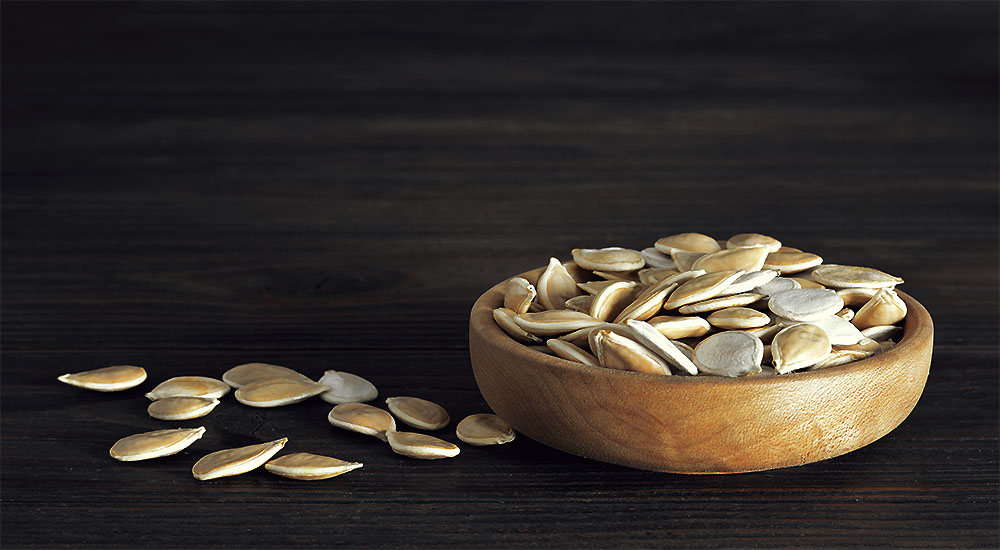The Best Foods and Supplements to Boost Your Immune System

What should you eat to boost your immune system?
I’m frequently asked this question and it’s a good one.
I’m going to answer it in a couple of different ways:
- What’s best to eat
- Clean 15 and Dirty Dozen - the foods you should eat only organically or not at all
- What should you avoid eating (and drinking)
Best Fruits
Citrus
Berries
Kiwi
Papaya – in moderation
Pomegranate juice, unsweetened
Best Vegetables
Cruciferous vegetables: broccoli, Brussels sprouts, cauliflower, kale, collard greens
Mushrooms
Garlic and onions – the allium family
Spinach and all dark leafy greens
Red bell peppers
Sweet potatoes
Beets
Nuts, seeds, and more
Flaxseed
Macadamia nuts
Almonds
Sunflower seeds
Turmeric
Dark chocolate – try Lily’s, they’re sweetened with stevia
What are the best supplements to boost your immune system?
Vitamin C – a powerful immune booster known to increase the number of natural killer cells in circulation. Vitamin C is a known anti-viral, and low levels of vitamin C are linked to increased risk of infection.
An interesting study of those hospitalized with the respiratory disease showed a decreased mortality rate of 80% with moderate amounts of vitamin C.
How much vitamin C do you need? Take the C bowel tolerance test here.
Vitamin D – a strong anti-viral, vitamin D3 is known to decrease the risk of infection when you have a normal level (about 50 ug/mL). Most Americans are deficient; check your most recent blood test to see what your levels are. Note: it’s important to combine D3 with vitamin K2 to ensure you don’t deposit calcium inappropriate in your body. In addition to immune defense, vitamin D3 helps you to absorb calcium. Vitamin K2 ensures the calcium is directed where it needs to go, your bones.
Vitamin A – acts as a natural anti-inflammatory, assisting specifically in mucus membrane health of the sinuses and lungs.
Are other nutrients vital to boost your immune system?
Zinc – a mineral with known anti-viral properties. It’s non-optimal in many Americans.
Melatonin – your sleep hormone, well known to boost immune function from cancer-fighting to bacteria and viral defense. Melatonin decreases with age putting you at increased risk of not just infection but the loss of cognitive protection. Interestingly in Wuhan China where COVID-19 began, pregnant mothers in their 3rd trimester and children seemed to be almost immune to the virus. They have since made an association with the robust melatonin levels in both those groups.
To see more in-depth information on melatonin’s association with COVID-19, read this blog
Nitric oxide – is produced in your nasal passages and appears to be part of the defense system we have against bacterial and viral infections. It can be supplemented but is also available in healthy foods. Along with melatonin and vitamin C, these are supplements you want to consider.
Newborns, in Wuhan China, were found to be mostly immune to COVID-19. It couldn’t be their melatonin level, which is extremely low in newborns until about 4 months of age.
Infants do produce high levels of nitric oxide, however, despite their “barely developed” paranasal sinuses. Mother Nature is so smart!
I found it fascinating that newborns have levels of nitric oxide matching those found in healthy adults.
There are supplements of beet powder to raise your nitric oxide levels, but I’ve also noted in italics below, the foods highest in it. Not surprisingly, the healthiest foods contain high nitric oxide levels.
High nitric oxide foods
- Beets
- Dark leafy greens
- Garlic
- Citrus fruits
- Pomegranate juice
- Nuts and seeds
- Dark chocolate
The Clean 15 – foods that have little pesticide contamination
This list changes a bit year to year so I wanted to present you with the 2020 data.
The “Clean 15” have the lowest concentrations of pesticide contamination, therefore making them safe to eat even when they’re not organic.
Here’s the list: I’ve placed in BOLD some of the healthiest choices. I’ve placed in italics, those with the highest amount of nitric oxide.
- Onion
- Avocado
- Sweet corn
- Pineapple
- Asparagus
- Sweet peas
- Kiwi
- Cabbage
- Eggplant
- Papaya
- Watermelon
- Broccoli
- Cauliflower
- Cantaloupe
- Mushrooms
The Dirty Dozen – foods with dangerous levels of pesticide contamination
This list also changes a bit year to year; below is the current 2020 data.
The “Dirty Dozen” have the highest concentrations of pesticide contamination. You should NOT eat them if you cannot find them in an organic form.
Here’s the list: I’ve placed in BOLD some of the healthiest choices
- Strawberries
- Spinach
- Kale
- Nectarines
- Apples
- Grapes
- Peaches
- Cherries
- Pears
- Tomatoes
- Celery
- Potatoes
Data to know about the “dirty dozen”
Kale made the list, for the first time in 2019. It’s been found to be contaminated with Dacthal, something the EPA considers a possible carcinogen. It’s been linked to damage to the lung, thyroid, liver, and kidney.
It’s a “superfood”, but only if it’s organic, please.
Why are so many fruits “dirty”?
Americans love their fruit and we want it all the time, forget the season. Pesticides can keep things growing even if Mother Nature hadn’t intended it.
Strawberries are a great example of this. Demand is high and we satisfy demand with poisonous gases being sprayed on to strawberry fields.
We also love apples. The pesticide diphenylamine is banned by the European Union but considered “safe” here. Does your child love apple sauce? Please go with the organic version as over 1/3 of the non-organic samples tested to contain the pesticide.
Lowered cancer risk for organic food eaters
A robust study of close to 70,000 participants, tracked individuals in France who primarily consumed organic food.
Their cancer rate was 25% less than those who did not eat organic food. Yes, there could have been other factors at work, but it’s worth noting the correlation.
Frankly, the next issue has me even more concerned.
Endocrine disruption
Pesticides are known as endocrine disruptors. We see this a great deal in our patients.
Endocrine disruptors affect your fertility, hormonal balance, and reproductive health.
We see the more hormonal imbalance and fertility issues these days than ever before.
Try your best to eat the “good stuff”
I hoped this helped.
At times of stress, we tend to crave all the wrong foods and that’s the last thing you want when trying to boost your immune system.
What should you avoid?
Let’s just keep it simple:
NO sugar
Alcohol in moderation
NO artificial sweeteners
NO processed, refined foods.
It’s worth it to feel great
If you need help with ideas, reach out.
This website has hundreds of recipes to give you ideas.
We are here for you to assist you in any way we can to improve your health.
Do you need help with your health?
We have the diagnostic and testing tools, the clinical experience, and a different medical approach to discovering the root cause of why you have the symptoms that are bothering you. As long as you are ready to make some dietary and lifestyle changes, we can help you. We will "hold your hand" through the changes, step by step, to make each step an easy one. We are located in Clearwater, FL, at 1000 S Ft Harrison, at the corner of Ft. Harrison Ave. and Magnolia St. There is plenty of parking space directly accessible from Ft Harrison. If it is not convenient for you to come to Root Cause Medical Clinic, we offer telehealth/telemedicine consultations to residents of certain states. Call us for details.
Contact us for a Consultation – Call 727-335-0400

Dr. Vikki Petersen DC. CCN
Founder of Root Cause Medical Clinic
Certified Functional Medicine Practitioner
Dr Vikki Petersen is a public speaker, author of two books, several eBooks and creates cutting edge content for her YouTube community. Dr Vikki is committed to bringing Root Cause Medicine and its unique approach to restoring health naturally to the world.
Ask a Doctor
Have a health concern you'd like to speak with a doctor about? Or just want clarity on a subject? Ask Us!


